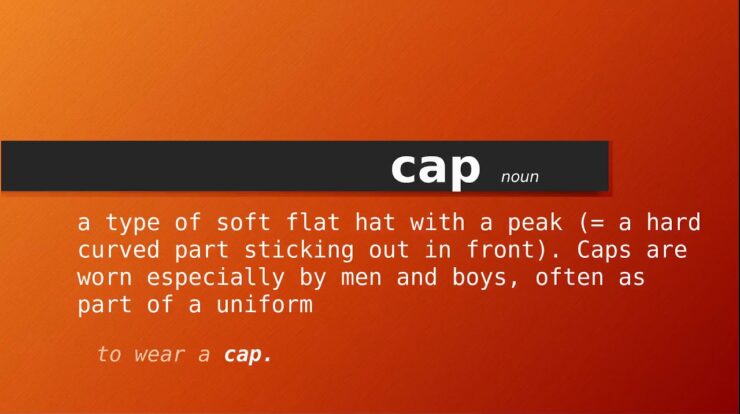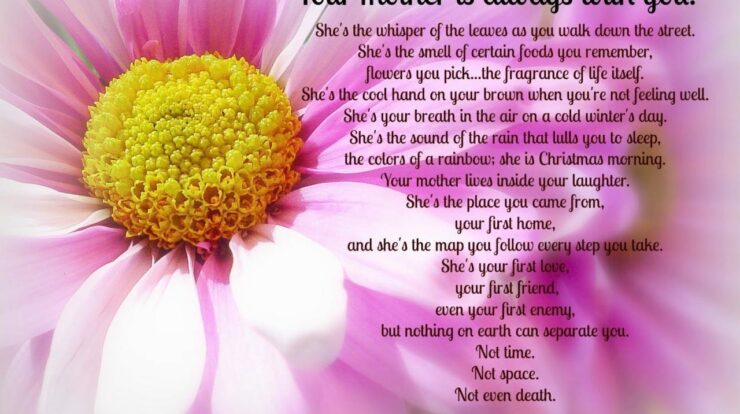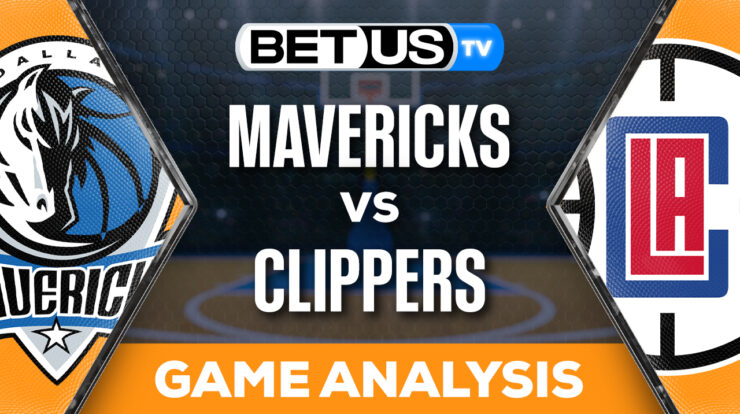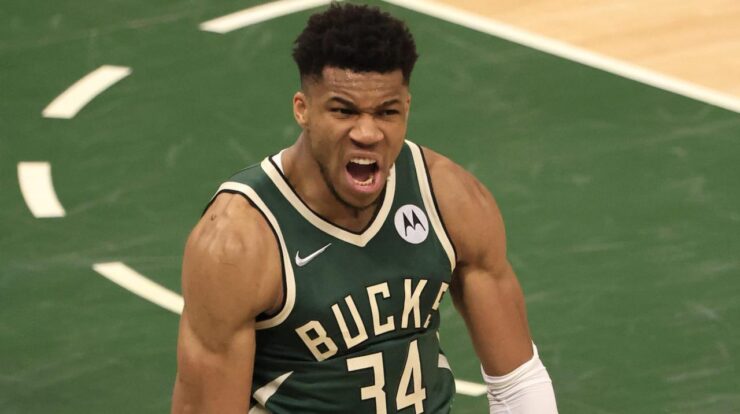
That’s cap meaning has become a ubiquitous expression in today’s vernacular, particularly among younger generations. Originating from hip-hop culture, the phrase has evolved into a versatile tool for expressing skepticism, humor, or simply dismissing something as false.
In this article, we delve into the multifaceted world of “that’s cap,” exploring its origins, usage, tone, and cultural impact. We will also uncover alternative phrases that convey similar meanings and examine the broader implications of its widespread adoption.
That’s Cap: Meaning and Usage: That’s Cap Meaning

In the realm of social media and colloquial speech, “that’s cap” has emerged as a ubiquitous phrase expressing skepticism or disbelief. Its origins can be traced to the hip-hop community, where it gained popularity as a way to dismiss false or exaggerated claims.
Usage and Context, That’s cap meaning
The phrase “that’s cap” is typically used to reject statements perceived as untrue or unreliable. It is often employed in casual conversations, social media posts, and online discussions. Its usage extends beyond the hip-hop community, becoming a common expression among young people.
The social and cultural implications of “that’s cap” include its role in establishing credibility and maintaining authenticity. By challenging dubious claims, it helps foster a culture of truth-seeking and critical thinking.
Tone and Intent
The tone and intent behind “that’s cap” can vary depending on the context. It can be used as a playful expression of disbelief or as a more serious rejection of false information.
When used as a form of skepticism, “that’s cap” conveys a sense of doubt or uncertainty. In other instances, it can be employed to dismiss outlandish claims or rumors with a dismissive or mocking tone.
Alternative Phrases
While “that’s cap” has gained widespread recognition, there are alternative phrases that convey similar meanings.
- “That’s not true.”
- “That’s a lie.”
- “That’s BS (bullshit).”
- “That’s fake news.”
Each of these phrases carries its own nuances and may be used in different situations, but they all share the common purpose of expressing disbelief or rejection of false information.
Cultural Impact
“That’s cap” has had a significant impact on popular culture, particularly among young people. Its presence on social media and in music has helped popularize the phrase and its associated meanings.
The phrase has also been adopted by media outlets and news organizations as a way to debunk false or misleading information, contributing to its broader acceptance and understanding.
Concluding Remarks

The phrase “that’s cap” has undoubtedly left an indelible mark on contemporary language and culture. Its ability to succinctly convey disbelief or amusement has made it a staple in both casual conversations and online discourse. As language continues to evolve, it is likely that “that’s cap” will remain a vibrant and ever-present part of our linguistic landscape.
FAQ Compilation
What is the origin of “that’s cap”?
The phrase “that’s cap” originated in hip-hop culture in the early 2000s.
What does “that’s cap” mean?
“That’s cap” means that something is not true or is exaggerated.
How is “that’s cap” typically used?
“That’s cap” is typically used in informal settings, such as conversations with friends or on social media.
What are some alternative phrases that convey similar meanings to “that’s cap”?
Some alternative phrases that convey similar meanings to “that’s cap” include “that’s not true,” “that’s a lie,” and “that’s fake news.”





